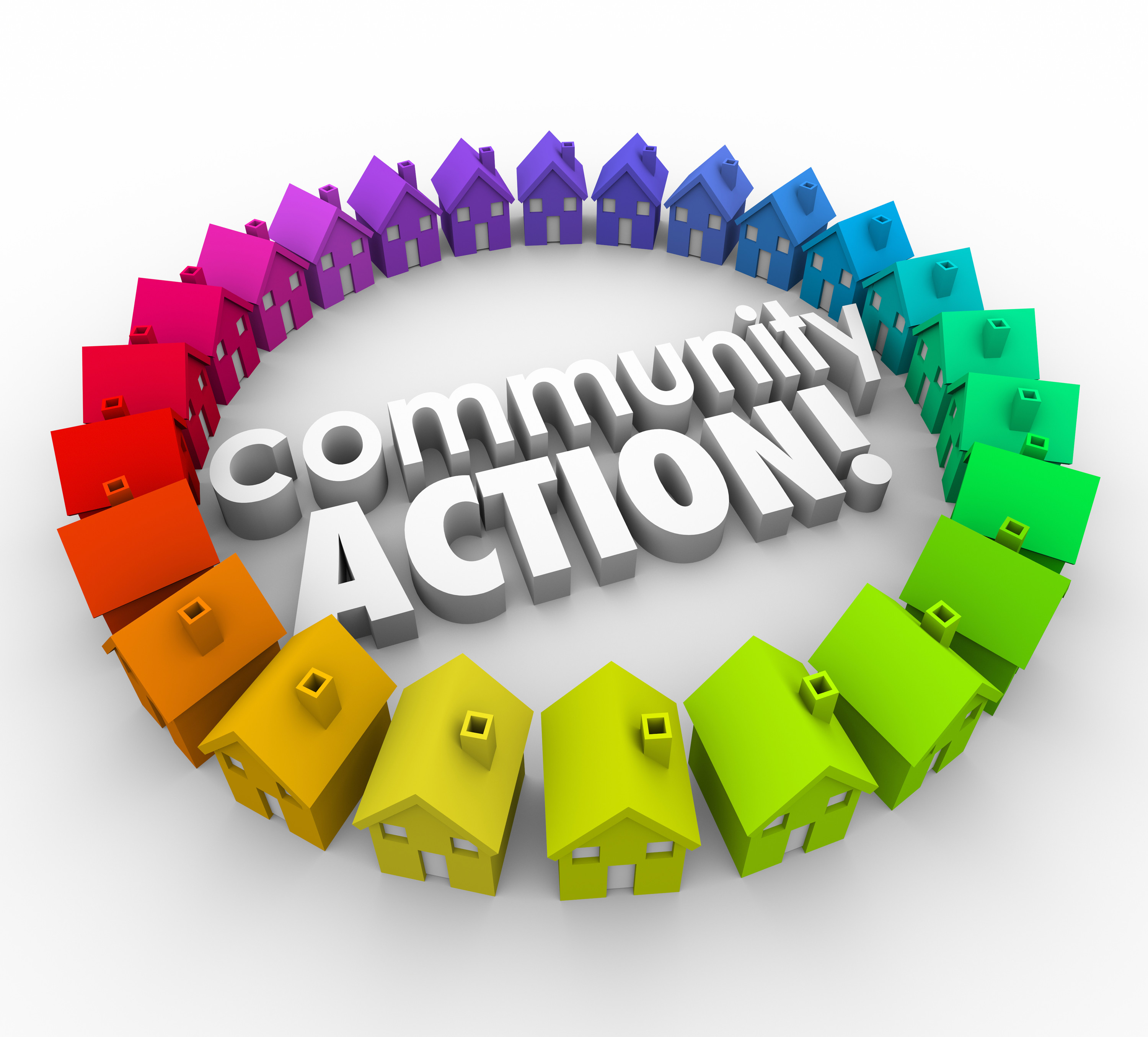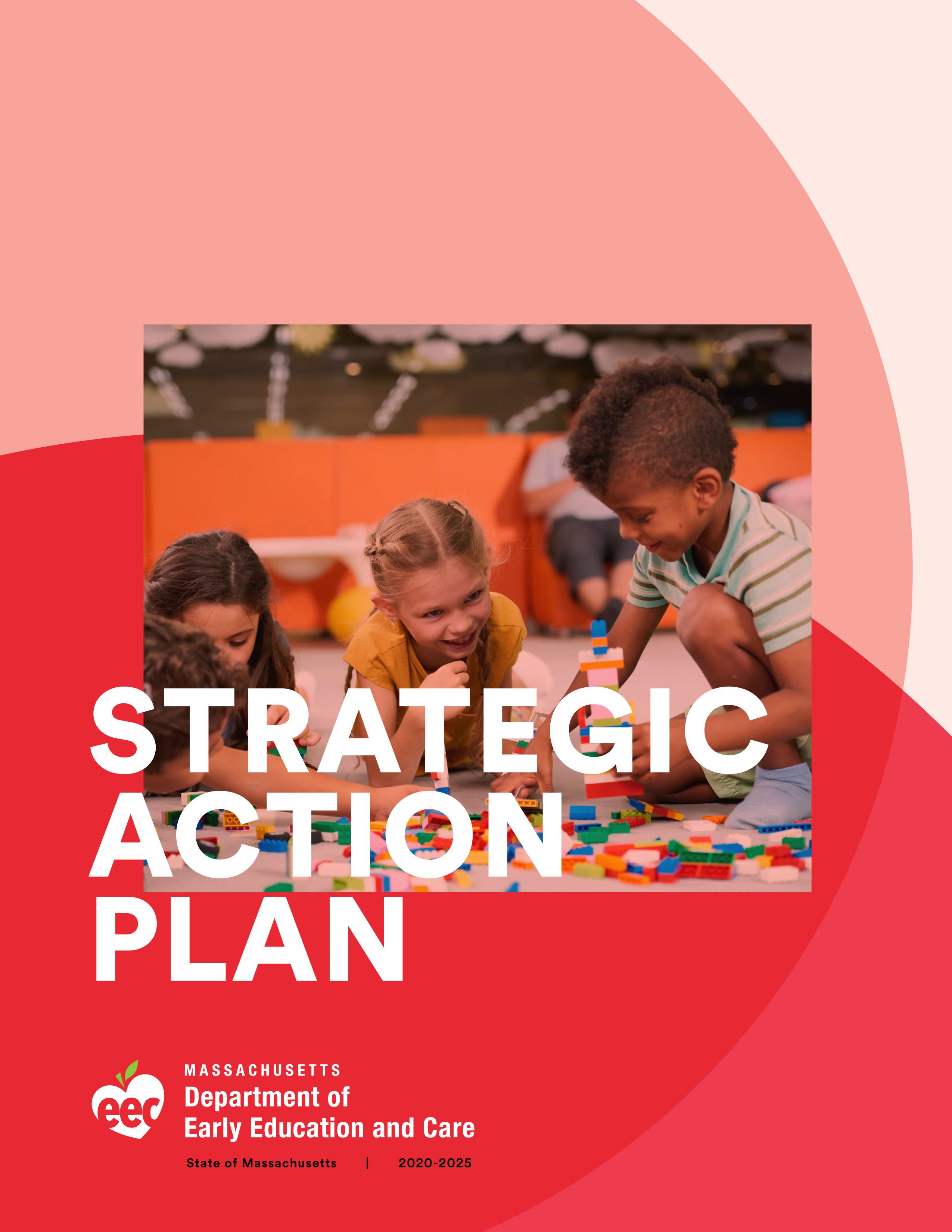

Our work has been so successful it’s got the attention of the Government of Bangladesh and the UN. And it’s the most vulnerable people in the poorest areas who are benefitting most. Thanks to our work with communities in Bangladesh, the lives of 50,000 landless farmers have been transformed by turning barren land into productive pumpkin fields. The Government of Bangladesh has approved the Institutional and Regulatory Framework for Faecal Sludge Management and asked us and our partners to develop a plan to put it into practice. We work with the Government and city authorities to ensure that poor people are included in sanitation planning. And we equipped those same authorities with a handbook for an integrated planning approach to make our solutions sustainable. In the urban slums, our teamwork with local authorities secured fairer pay and better working conditions for the informal waste workers who empty the city’s toilet pits. This stops the spread of sickness and disease and keeps families healthy. The units uses a simple filtration system and results in safe sanitisation of waste. The need for these systems to be waterproof is to safeguard against contamination in flood situations.
#Actio village portable#
We’ve devised portable faecal sludge management units made of steel with waterproof protection at the camps in the Ukhyia area of Cox’s Bazar.

With inadequate sewage systems, dealing with human waste is one of the biggest challenges. It’s these communities – the most vulnerable and marginalised – that we’re focusing on. For the people of the Rohingya community living in the Cox’s Bazar refugee camps and those living in the overcrowded slums of Dhaka, the lack of facilities is life threatening. They have limited access to health care and to clean drinking water. A significant proportion of families in Bangladesh live in makeshift shelters that fall apart during the monsoon season and have no regular electricity.


 0 kommentar(er)
0 kommentar(er)
